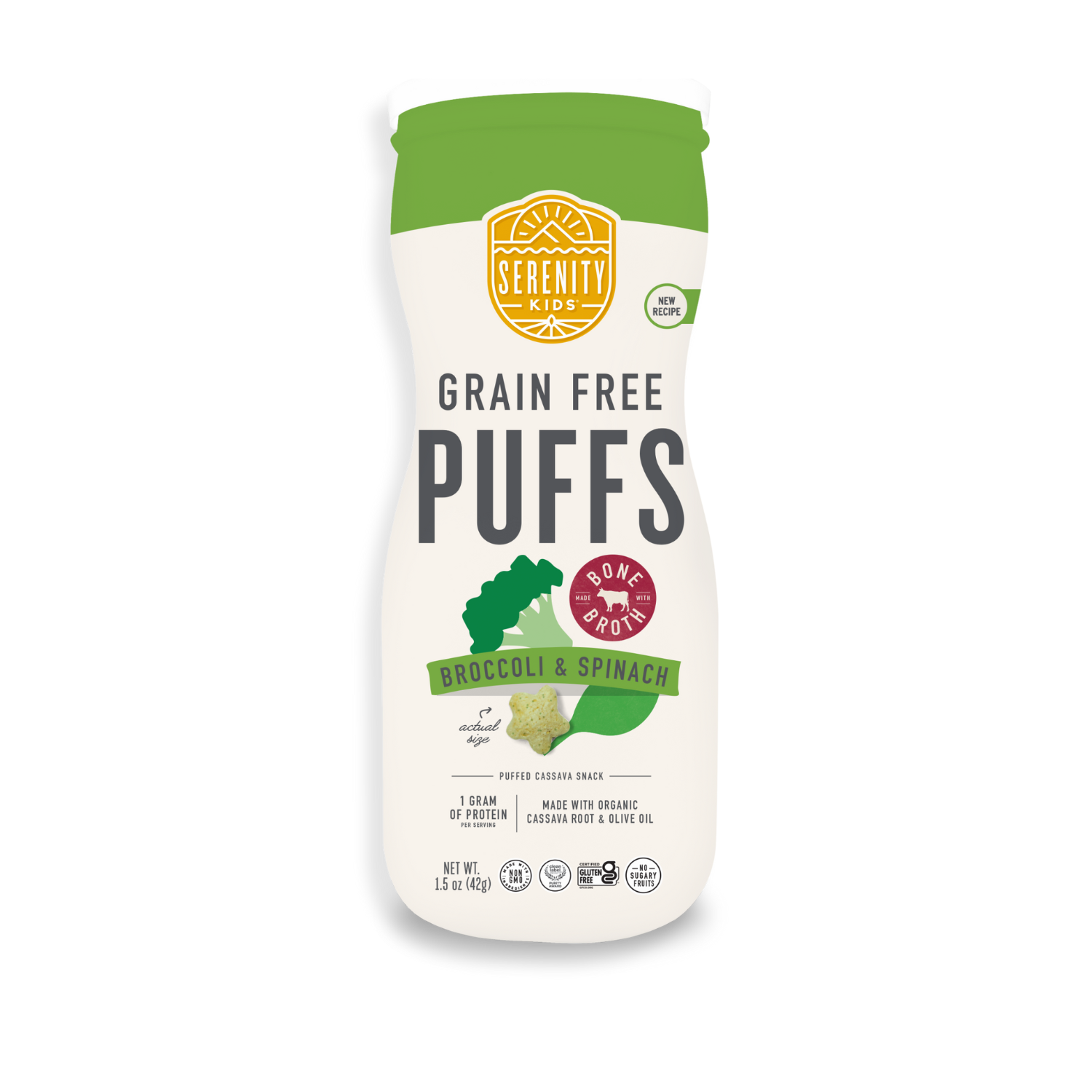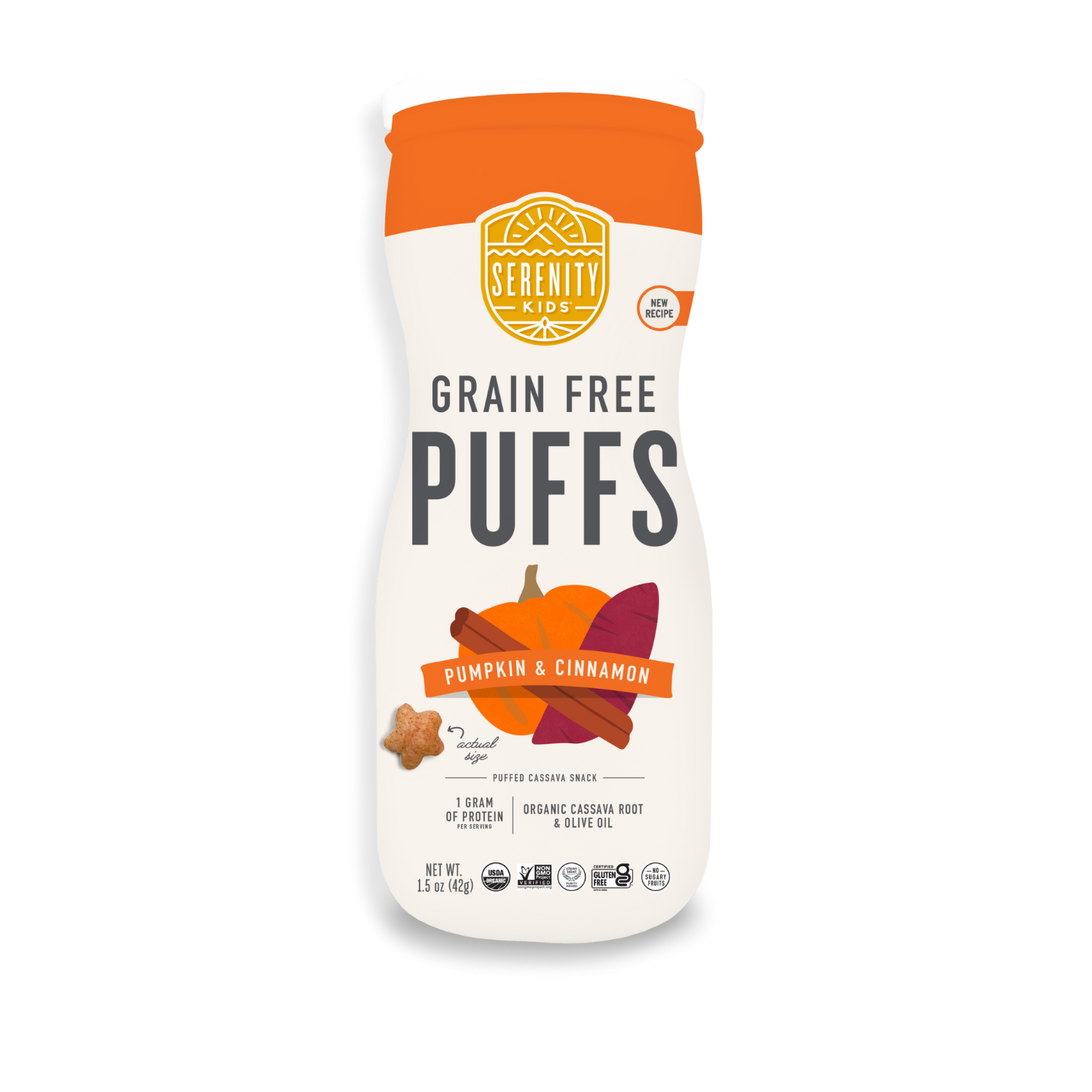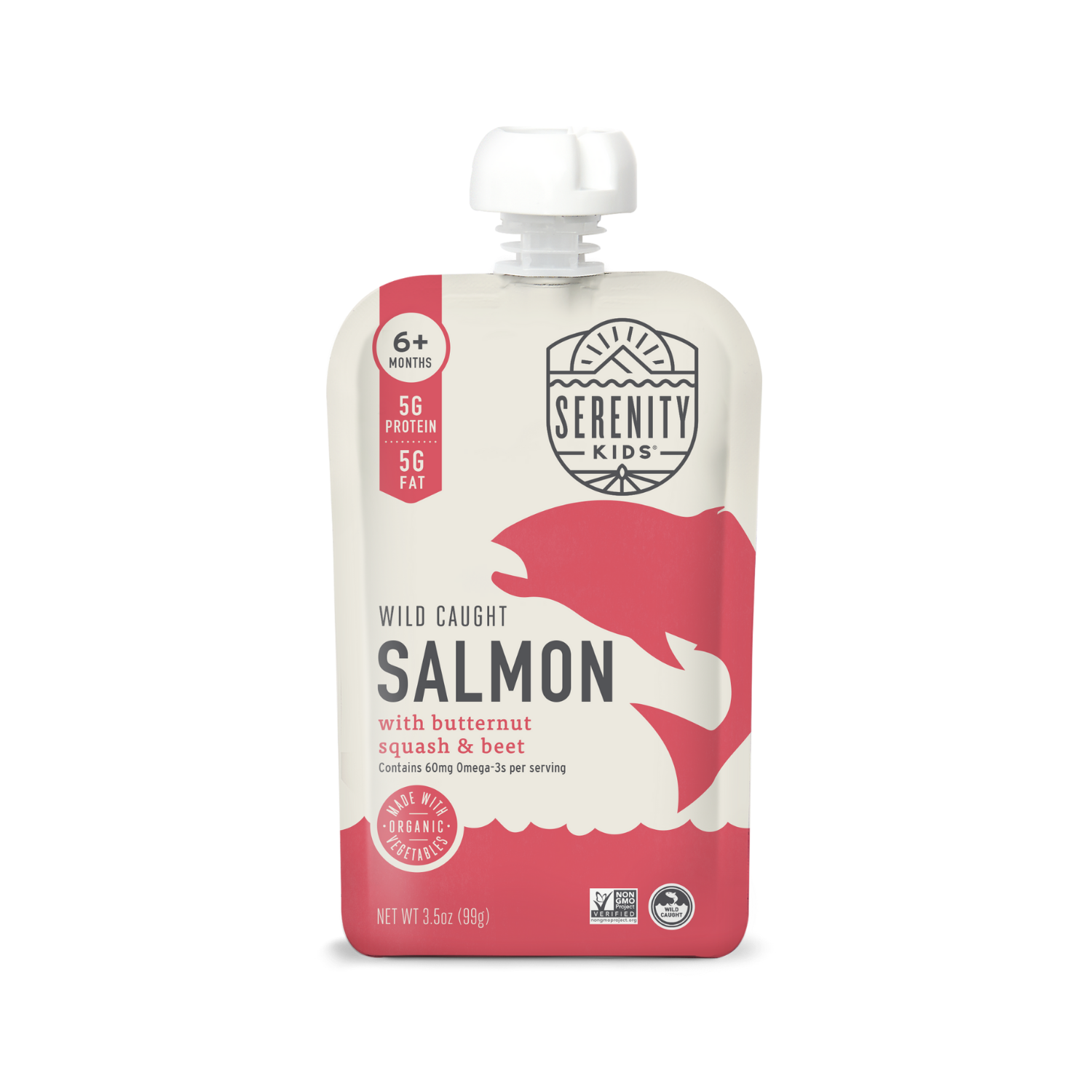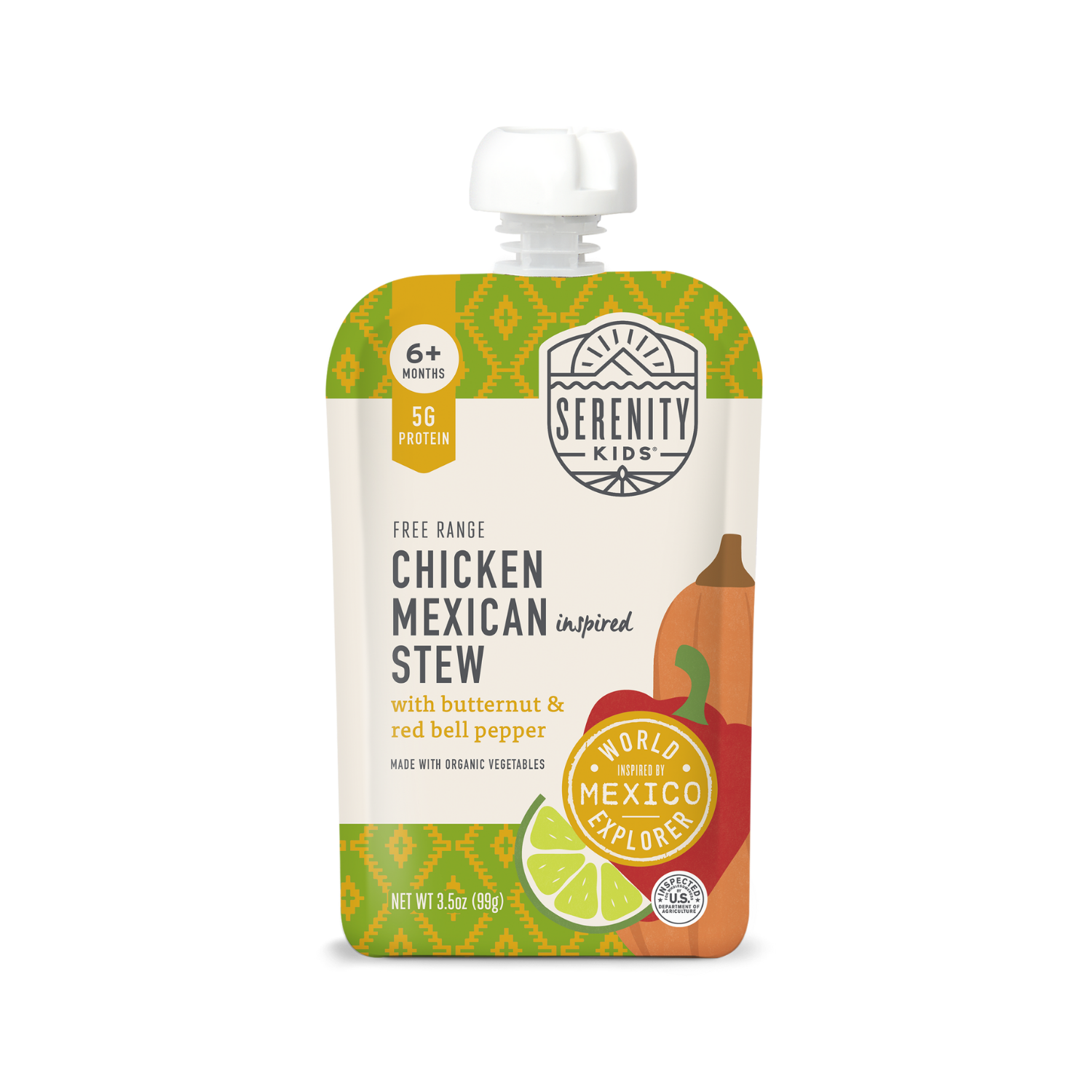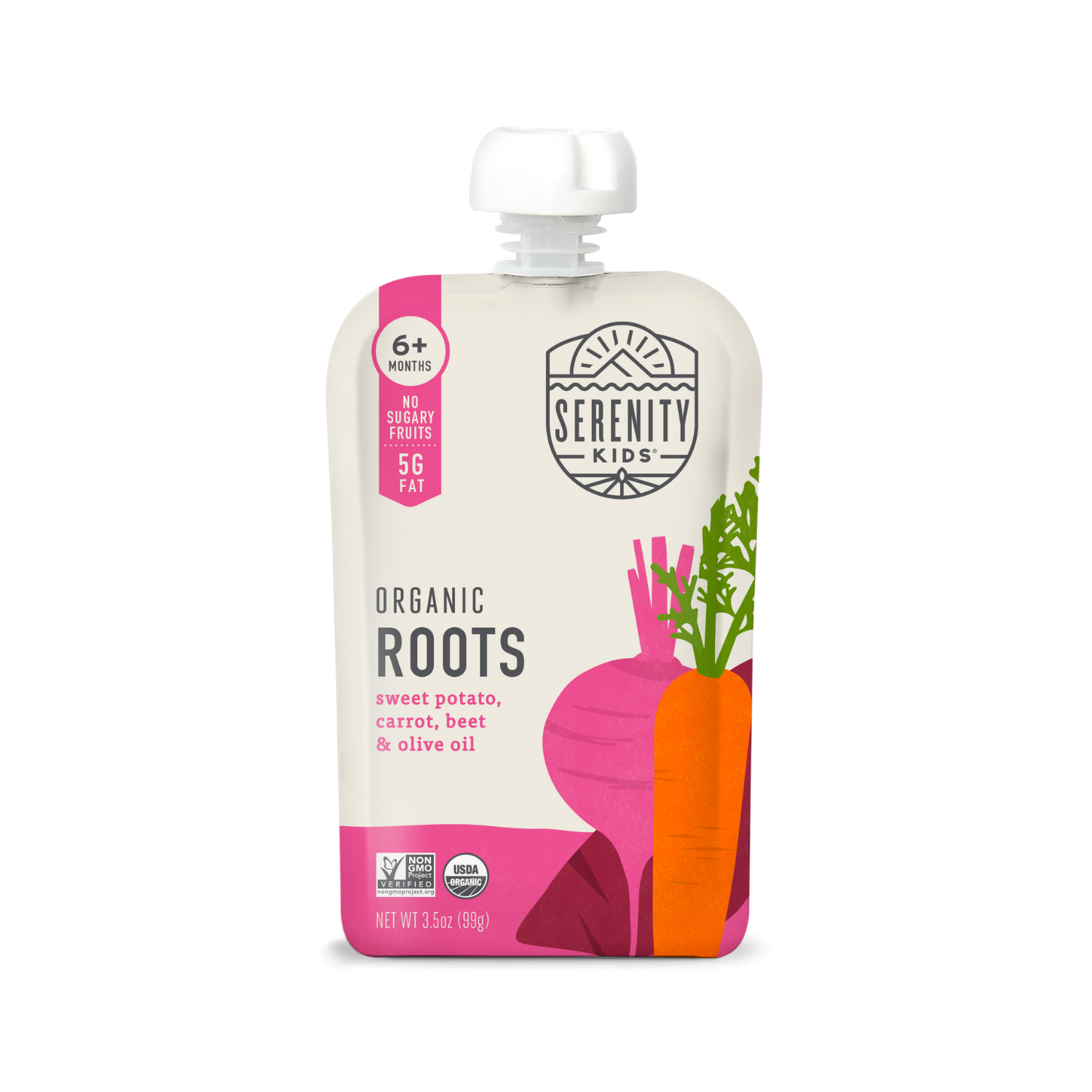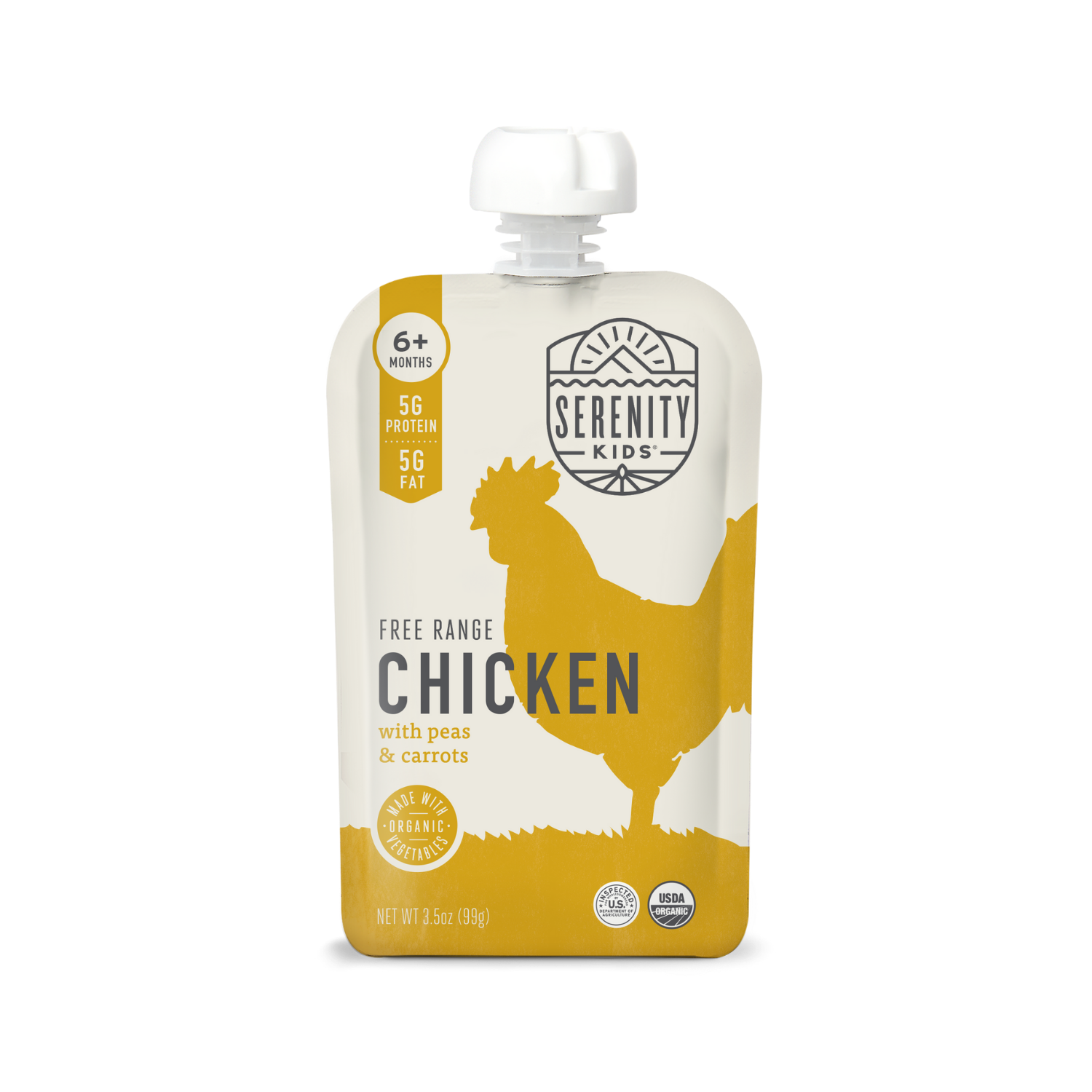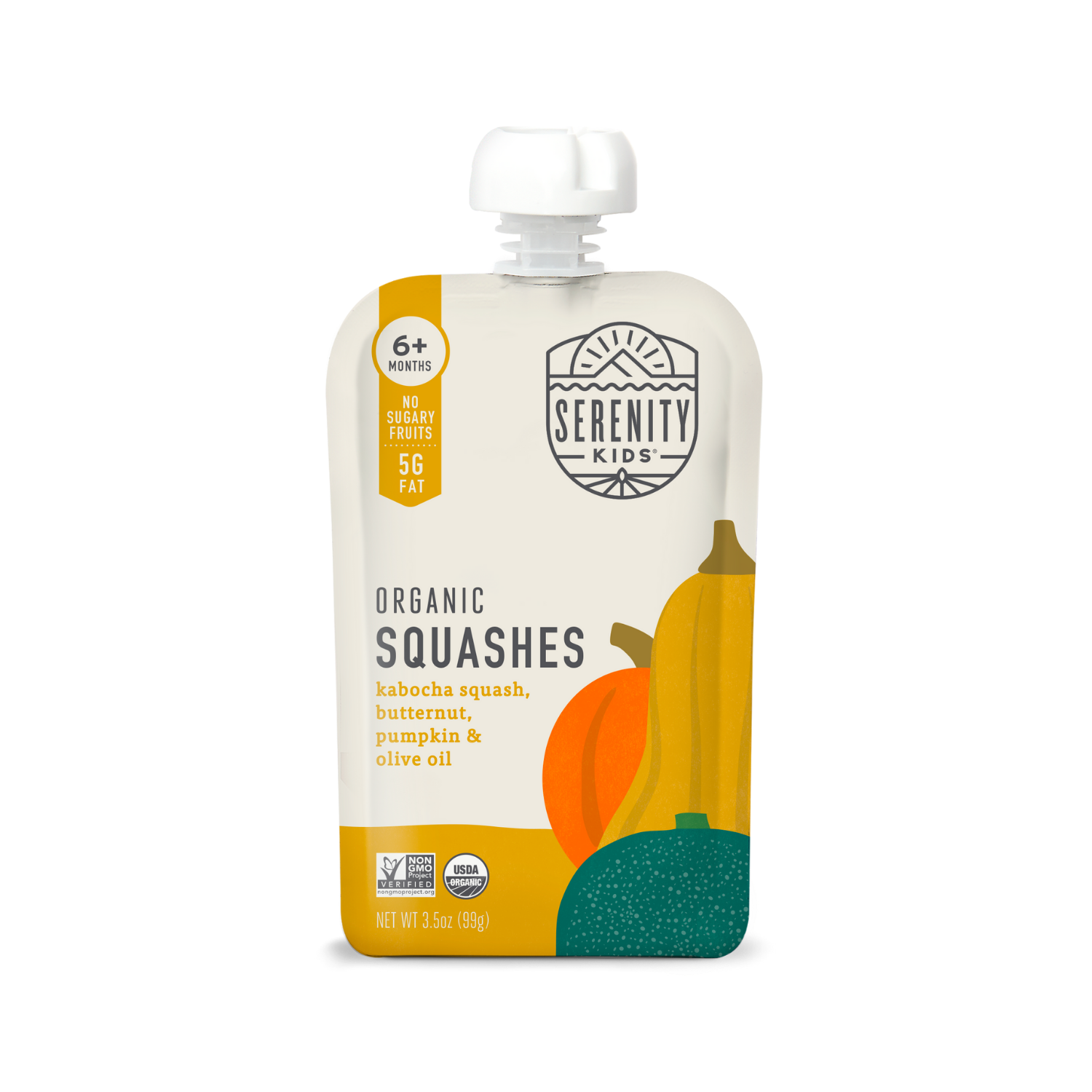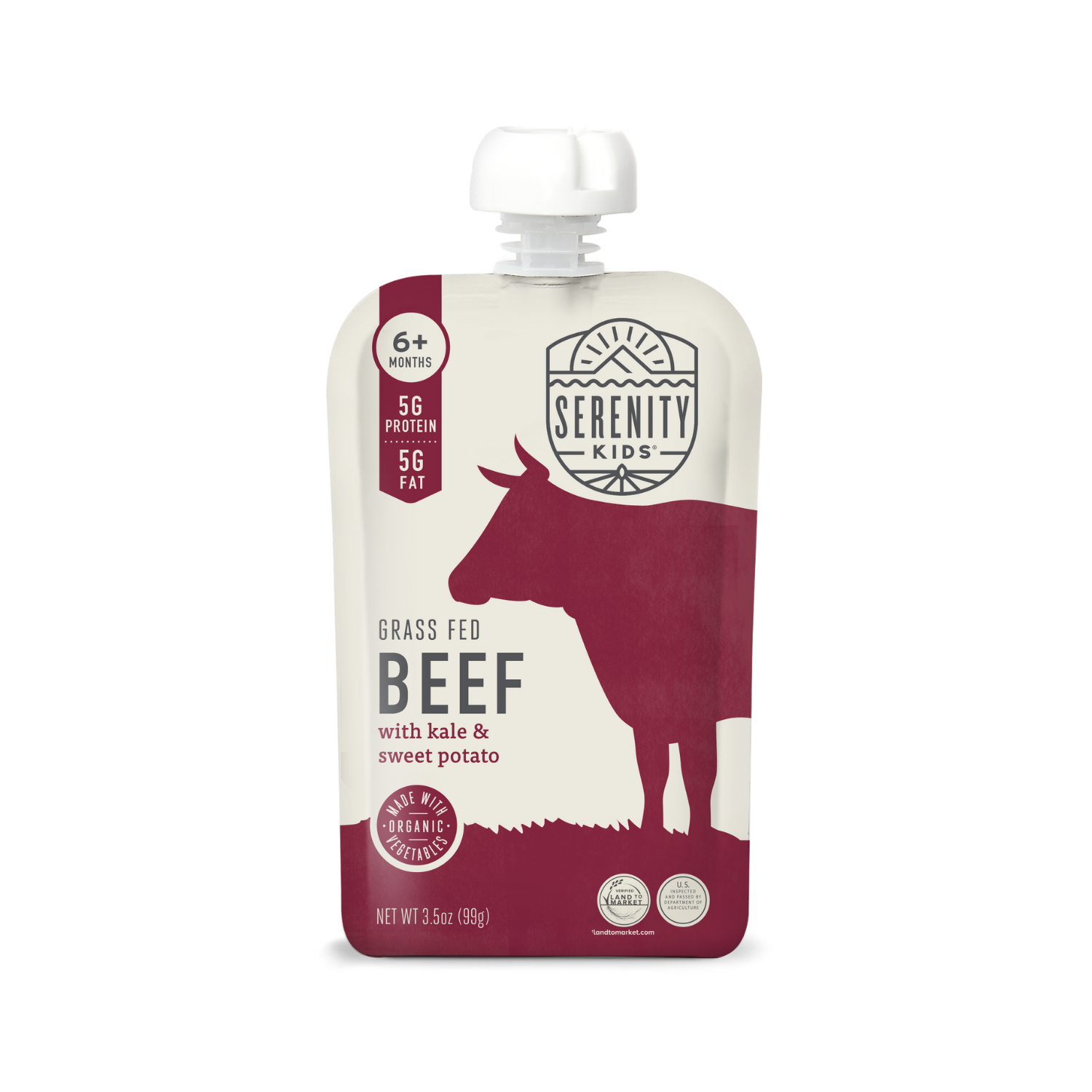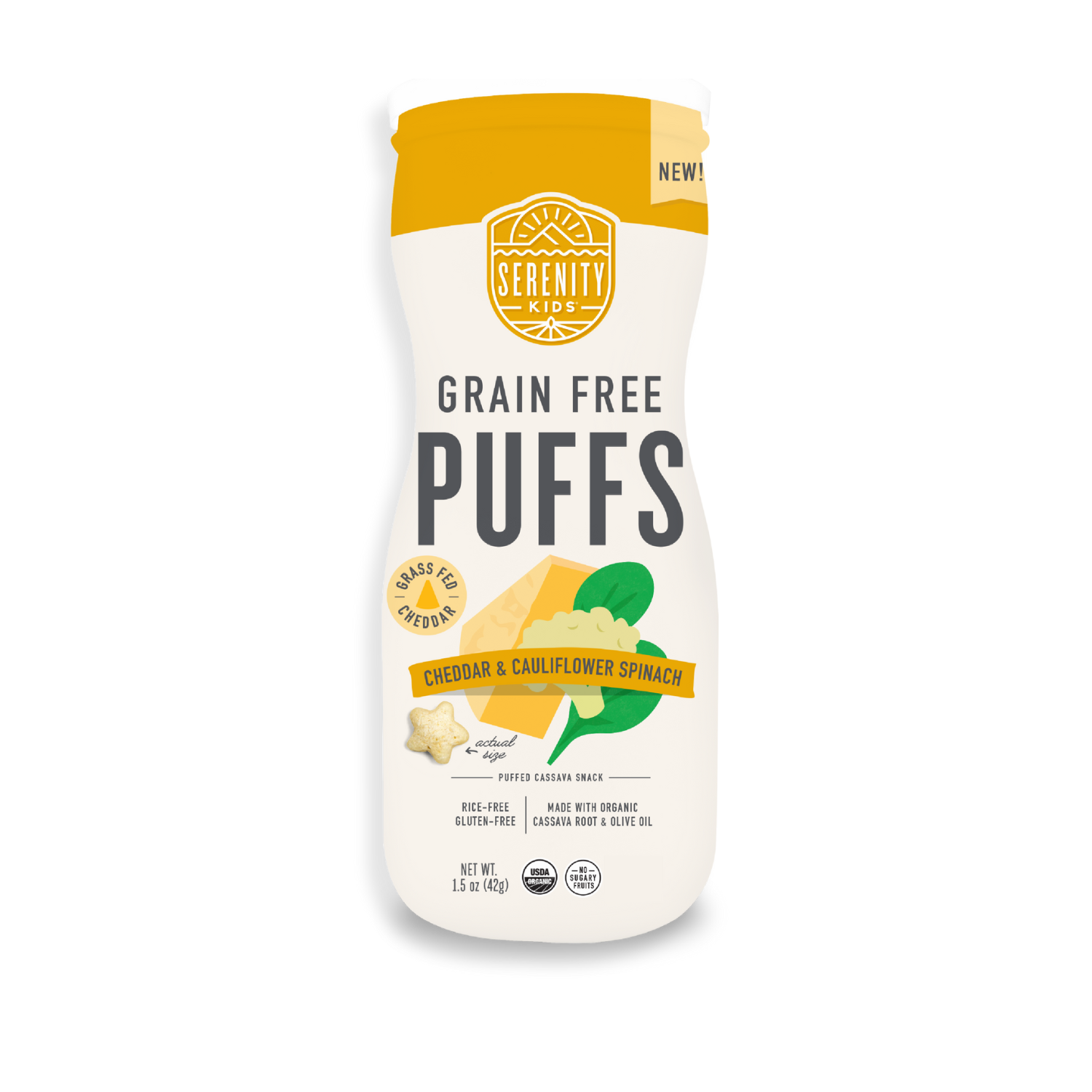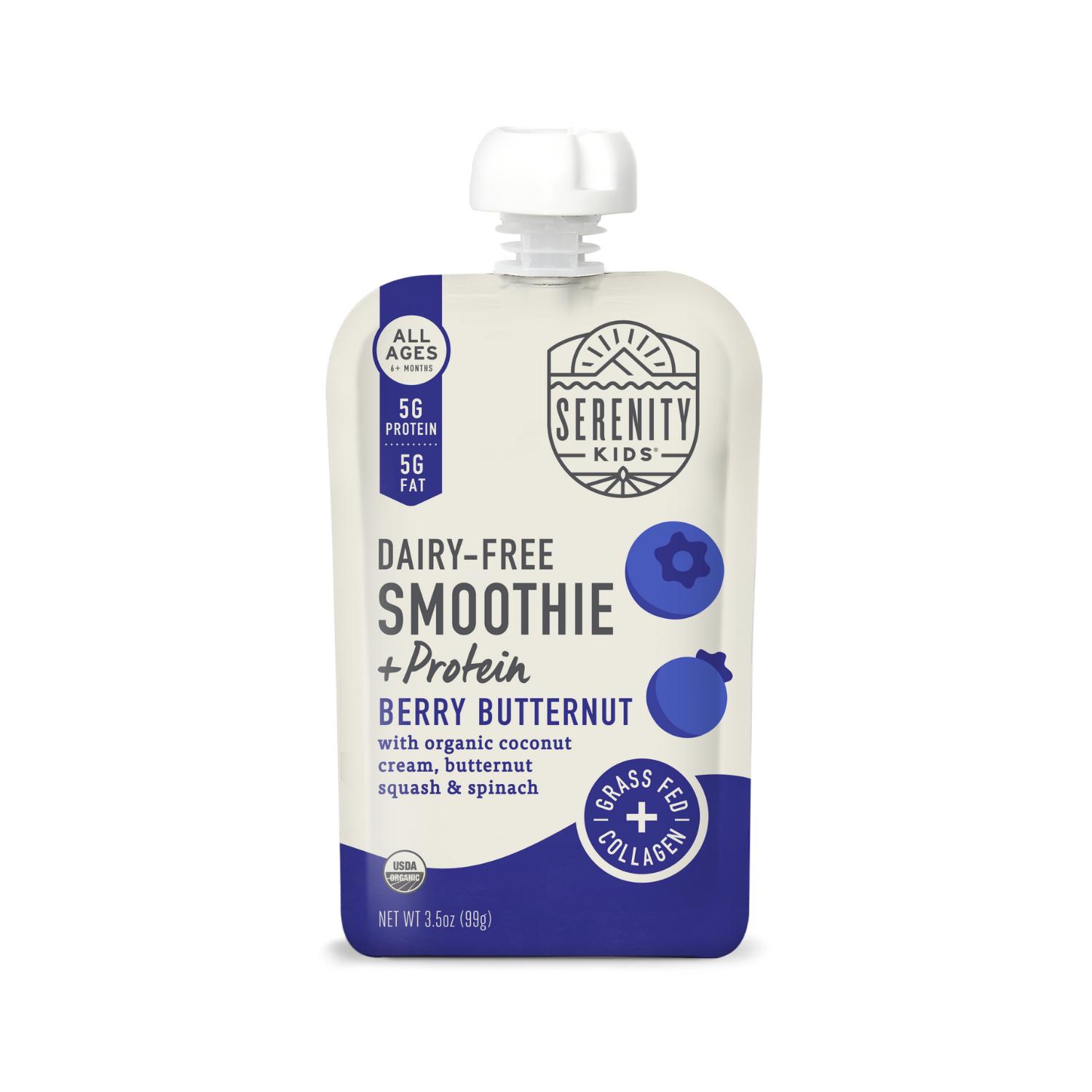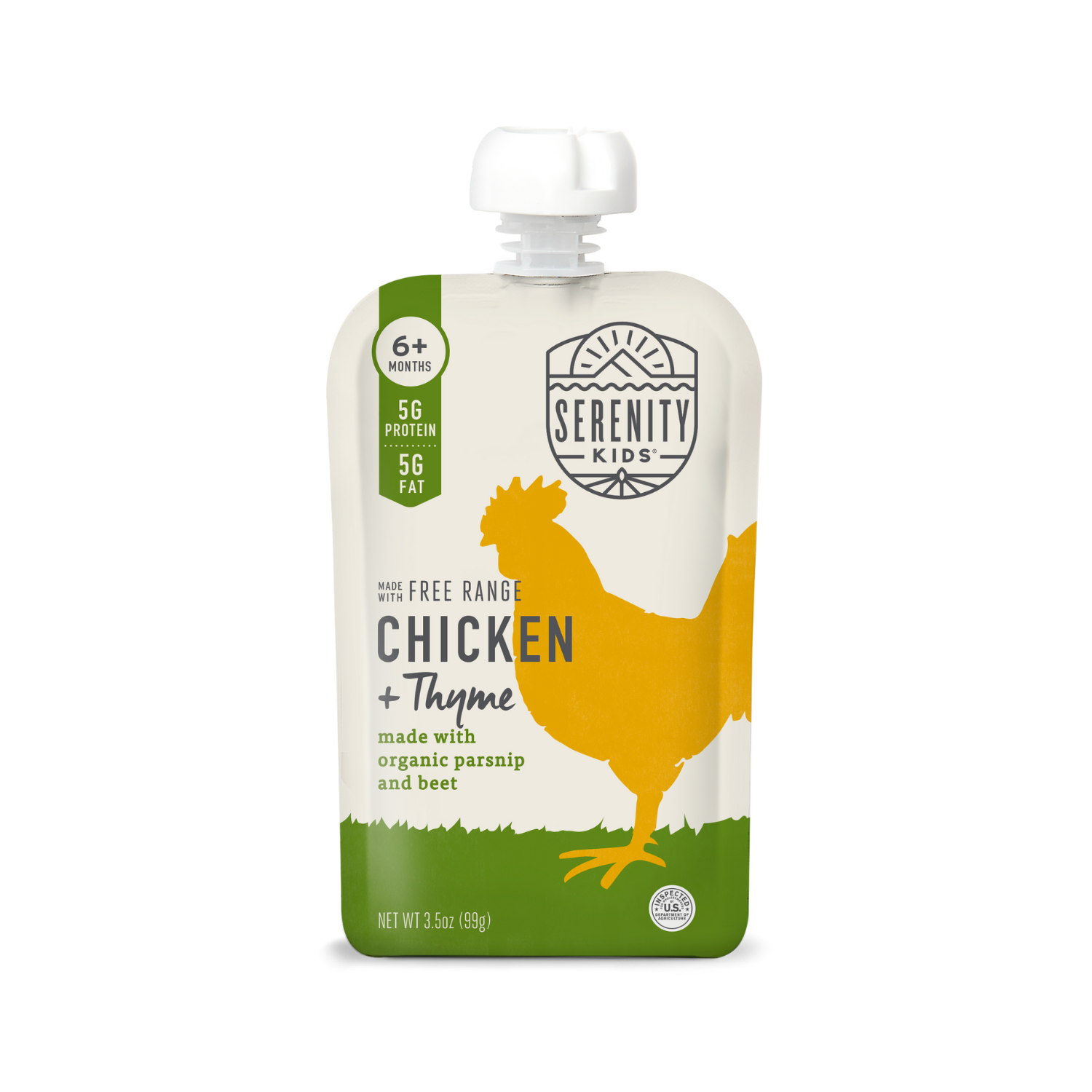When you think of first foods for baby, you might be thinking of soft veggies and fruits, or single-ingredient purees. Or, maybe you’re all about baby-led weaning (for the record, we like both). One food that might not come to mind as an ideal first food? Meat. But we’re here to tell you why it should.
But first, why does it matter?
Babies grow rapidly in their first few years of life and they have higher specific nutrient needs relative to their total body weight than adults do. They also have very small bellies, which means they need to pack a lot of nutrition into a small amount of space.
This makes it very important to emphasize the most nutrient-dense foods (like organ meats, fatty fish, healthy fat sources, and vegetables) and limit “empty calories,” which take up volume in a child’s stomach without helping them reach their daily nutritional needs.
Okay, so why meat? Read on!
#1 It is easy to digest
Our modern culture has led us to believe that refined grains and cereals are a great first food as they are bland and easy to digest. But the reality is, grains and cereals have little valuable nutrition (and what they do have is generally just fortified with synthetic vitamins) and can actually irritate your baby’s digestive tract.
A baby’s stomach more easily digests proteins and fats than starches. Meat is the most digestible complete protein, and of a higher quality than grains, beans, and other plant sources. That means that more of the protein from meat is effectively absorbed and used by the body. Considering that much of Baby’s food may end up on the floor, on themself, or on you, efficiency is key!
#2 It has healthy fat
Fat is critical for brain development, hormone regulation, and building the immune system. Fat is also needed for Baby’s digestive system to absorb fat-soluble vitamins like A, D, E, and K. Saturated and monounsaturated fats also increase intestinal absorption of calcium necessary for rapid growth. Fats are also satiating foods, which means that just like adults, they help babies feel full longer. It might even help them get a longer, higher-quality night’s sleep.
There is a reason that human milk is high in fat - because babies need it! So doesn’t it make sense to feed your baby high-fat foods to continue to support your baby’s growth and development?
#3 It is savory, not sweet
Studies have shown that infants are biologically wired to prefer sweet tastes, and those tastes are further developed through the consumption of breastmilk and/or formula for the first several months of life. But just because babies prefer sweet tastes doesn’t mean that they need to consume high-sugar foods when introducing solids. In fact, just the opposite - they already like sweet, so it’s time to introduce them to something new!
And the good news is, you don’t have to use sweet as the default. Studies have shown that taste preferences are malleable and develop in response to a number of social and environmental factors. This period of taste preference development is called the flavor window, and it is most open from the period from 6-18 months.
That means you have a pretty incredible opportunity to influence babies' tastes for life. Because babies exposed to a variety of foods can learn to like more complex and unique flavors, like bitter and sour. You just have to introduce them! And be persistent - research shows that it can take up to 15 exposures for a baby to “learn” to like a taste. It’ll be worth the investment, promise.
Shop Meat Pouched Purees
#4 It is full of the nutrients babies really need
Babies go through very important and specific developmental processes, and they rely heavily on certain nutrients to successfully grow and develop properly. That means that these specific nutrients are particularly critical to incorporate as Baby’s first foods:
- Vitamin B12: used in many metabolic processes and is important for neurological health (including playing a role in myelination from early fetal development all the way through early adulthood). The best sources of vitamin B12 are animal products like meat, fish, shellfish, poultry, and eggs.
- Zinc: plays a role in growth, development, neurological function, immune function, and cell metabolism. Zinc deficiency can impair children’s physical growth and increase their susceptibility to infection, so adequate intake is important for preventing “failure to thrive.” The best sources of zinc are organ meats, grass-fed and pastured meats, shellfish, and crustaceans.
- Iron: Most newborns have sufficient iron stored in their bodies for about the first 6 months of life, depending on gestational age, maternal iron status, and timing of umbilical cord clamping. However, by the time they hit 6 months, infants typically require an external source of iron apart from breast milk. In fact, babies 7-12 months need 11 mg of iron each day to support proper growth and neurological development. For reference, an adult male only needs 8 mg, and a menstruating female needs 18 mg - babies need a LOT of iron! It’s also important to note that heme iron (from animals) has higher bioavailability than non-heme iron (from plants). That means that iron from animals is better absorbed than iron from plants.
Note, these aren’t the only nutrients that babies need. They also need vitamins A, C, and D, plus calcium, iodine, and omega-3 fats (especially DHA), which is why we also recommend eggs, organ meats, fatty fish, sweet potatoes, squash, sea vegetables, green vegetables, and full-fat grass-fed dairy, when tolerated
#5 It’s versatile
Meat can be served as a smooth puree, a chunky puree, in large strips for baby to gnaw on, or as softer smaller pieces (like meatballs or braised meat) for baby to gum down.
Meat can also be seasoned in a variety of ways to enhance its flavor or to introduce new flavors through spices and herbs. Seasonings can help to further develop the palate while also adding some bonus nutritional value.
Shop New Meat & Herb Pouches
But there’s a big caveat
Quality matters. Meat is an ideal first food for infants, but not all meat is created equal. The healthiest meats come from animals that eat their optimal diet, such as grass for cows or foraged plants for pigs. For example, compared to conventional beef, grass-fed beef contains significantly higher omega-3 fatty acids (DHA and EPA), which are good for the brain, and CLA, a fatty acid that reduces inflammation and is a major component of breast milk.
On the other hand, animals fed mostly grain (this is the meat available in most grocery stores) tend to produce meats with lower levels of important nutrients (for example, approximately one fifth the amount of vitamin E compared to grass-fed) have less healthy fats (much higher Omega-6 fats and very little Omega-3s).
The bottom line
High-quality meat is full of the nutrients your baby needs for optimal growth and development. It is versatile and can be seasoned and served in a variety of ways. And it’s also savory, making it an ideal way to expand your baby’s palate. Short on time or can’t find quality sources of meat? Our meat-based pouched purees make it super convenient for you to get meat into the belly of your baby!
Shop All Meat Purees
References
- Long-term Brain and Behavioral Consequences of Early Iron Deficiency
- Zinc and infant nutrition
- Effect of vitamin B12 deficiency on neurodevelopment in infants: current knowledge and possible mechanisms
- Early Influences on the Development of Food Preferences
- Savoring Sweet: Sugars in Infant and Toddler Feeding
- Flavor Perception and Preference Development in Human Infants
- Early Taste Experiences and Later Food Choices
- Serenity Kids Baby Nutrition Quick Start Guide





